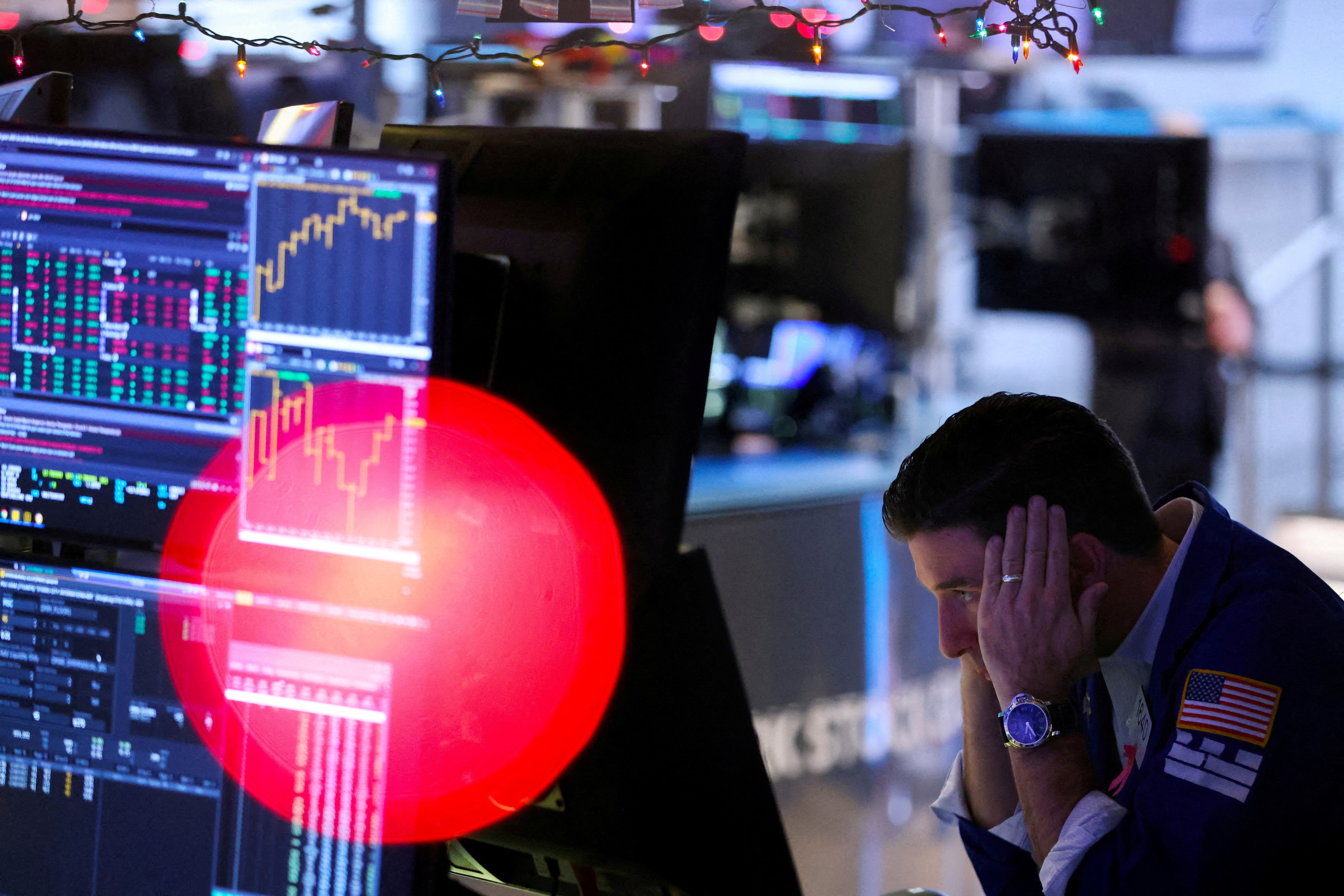
Even in the days before perestroika, socialism was never a monolith. Within the Communist countries, the spectrum of socialism ranged from the quasi-market, quasi-syndicalist system of Yugoslavia to the centralized totalitarianism of neighboring Albania. One time I asked Professor von Mises, the great expert on the economics of socialism, at what point on this spectrum of statism would he designate a country as "socialist" or not. At that time, I wasn't sure that any definite criterion existed to make that sort of clear-cut judgment. And so I was pleasantly surprised at the clarity and decisiveness of Mises's answer. "A stock market," he answered promptly. "A stock market is crucial to the existence of capitalism and private property. For it means that there is a functioning market in the exchange of private titles to the means of production. There can be no genuine private ownership of capital without a stock market: there can be no true socialism if such a market is allowed to exist." — Murray Rothbard, in "Making Economic Sense" (2006)[19]